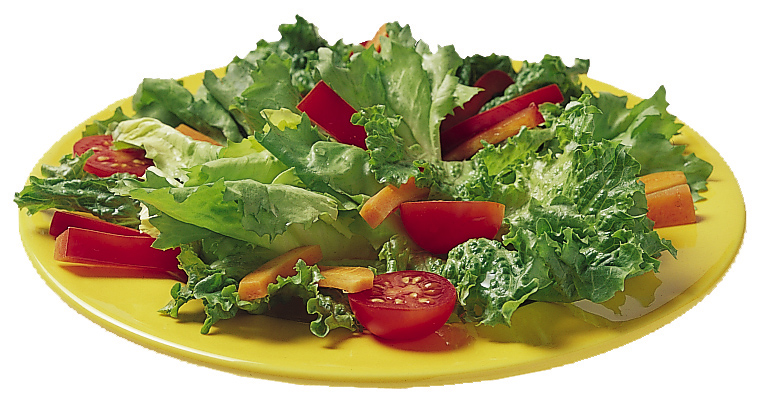
Open in Media Viewer Configuration National Cancer Institute
Save the world: Eat salad.
If you follow the news, you’d be forgiven for thinking that climate change is a lost cause. A recent Gallup poll found that just 43 percent of Americans say they worry about it, and just 45 percent think it will pose a major threat in their lifetime. What they don’t realize is that climate change is already affecting our day-to-day lives.
Climate Week NYC starts September 24 and the time to act is now. Temperatures are going up all around the world and severe storms are becoming more common. New Yorkers can attest to the brutal summer we just experienced. But despite what you may have heard it’s not too late to mitigate the effects of climate change.
On Monday, September 24th the New York Society for Ethical Culture will host a presentation of Project Drawdown, a comprehensive plan to combat Global Warming. This event, co-sponsored by Pachamama Alliance and 350NYC, brings together three influential non-profits to advance the solutions to climate change. Together, these organizations will highlight the implications of engaging in ethical relationship with all of nature, the spiritual benefits of living as a part of the natural world, rather than apart from it, and the very urgent need for education and mass mobilization to engage everyone in the solutions.
While some of the solutions set to be discussed at the Society will take some time, there are many that New Yorkers can act on right now. Here are just a few of the steps the average New Yorker can take that will reduce CO2 emissions and get us on the path to Drawdown.
Use mass transit. This might seem like a no-brainer for most New Yorkers. Just 45 percent of residents own a car, and that number goes down to 22 percent in Manhattan. However, use of mass transit is projected to decline from 37 percent of urban travel to 21 percent. Next time you are thinking of hailing a cab or a ride service like Uber or Lyft, take the subway instead. If use of public transit increases to 40 percent by 2050, Project Drawdown estimates CO2 emissions will be reduced by 6.6 gigatons.
Shift to a plant-rich diet. A third of food raised or produced does not make it to our tables. That waste is responsible for roughly 8 percent of global emissions. Larger efforts are needed to truly address this issue. That means major interventions on a local and national level to reform the way food is produced. On an individual level, however, shifting to a plant-rich diet can make a difference. According to a 2016 study, emissions could be reduced by up to 70 percent by shifting to a vegan diet, and 63 percent for a vegetarian diet. For a society built on meat, this is no easy task. But the rewards for our environment are too great to ignore.
Compost. Did you know that 20 percent of the waste in New York City is food? That waste goes to landfills which produces harmful methane gasses. Composting is a great way to cut down on this and it’s as easy to do in the city as it is in the suburbs. Just buy some Tupperware for your scraps, and store it in the freezer until you are ready to dispose of it. New York has plenty of compost drop-off locations to dispose of the waste once your bin is full. In 2015, 38 percent of waste in the US was composted compared to 57 percent in the European Union. If the US reached that rate – and lower income countries reached the US rate – we could reduce CO2 emissions by 2.28 gigatons by 2050.
These are just some of the small steps New Yorkers can take right now to make an impact in the fight to reverse the effects of Global Warming. It’s up to us to ensure a brighter future for our city and planet.
Monica Weiss is a member of 350NYC and co-chair of the Environmental Stewardship Committee of the New York Society for Ethical Culture.



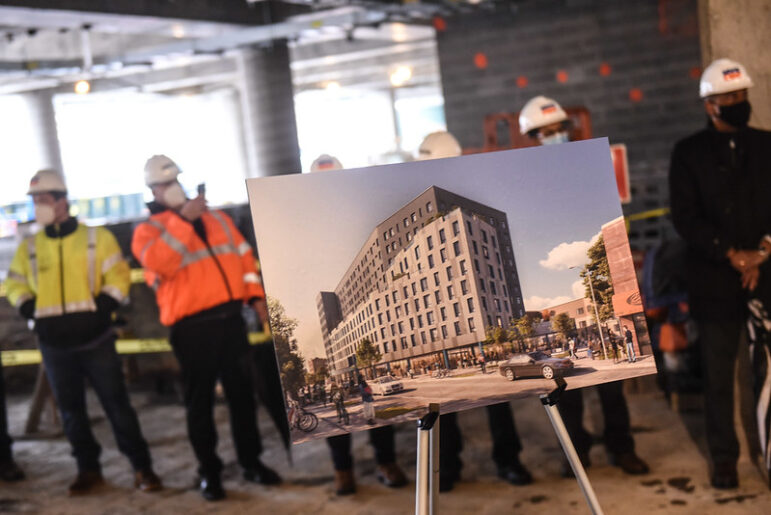
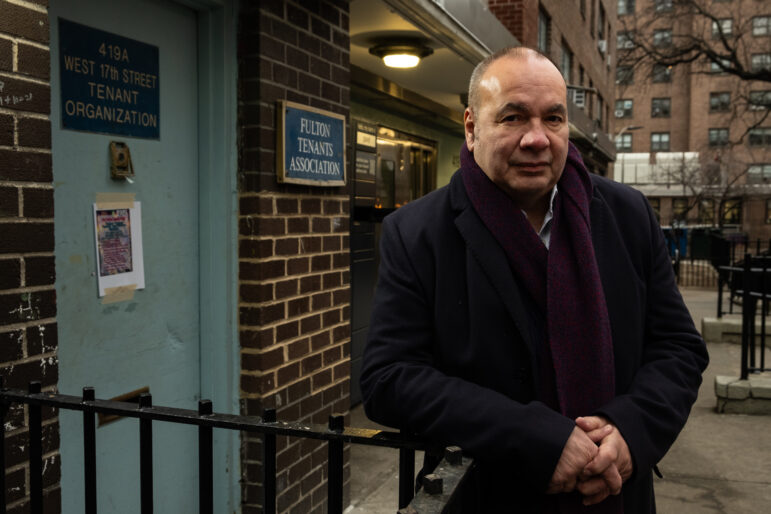
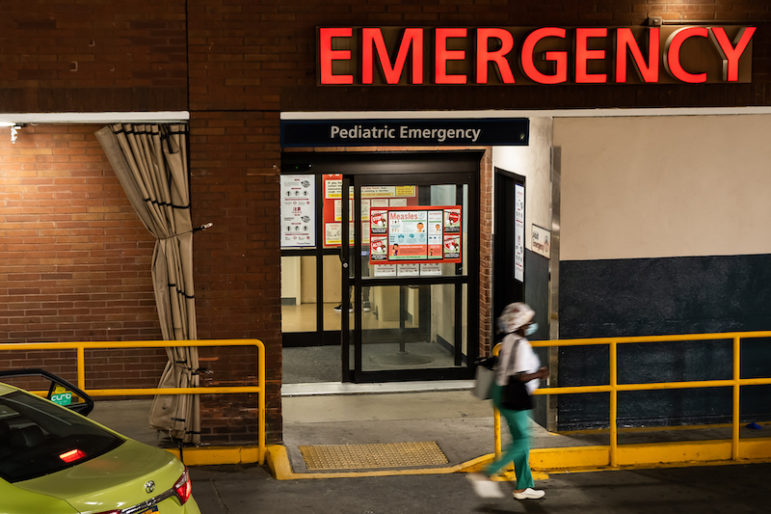
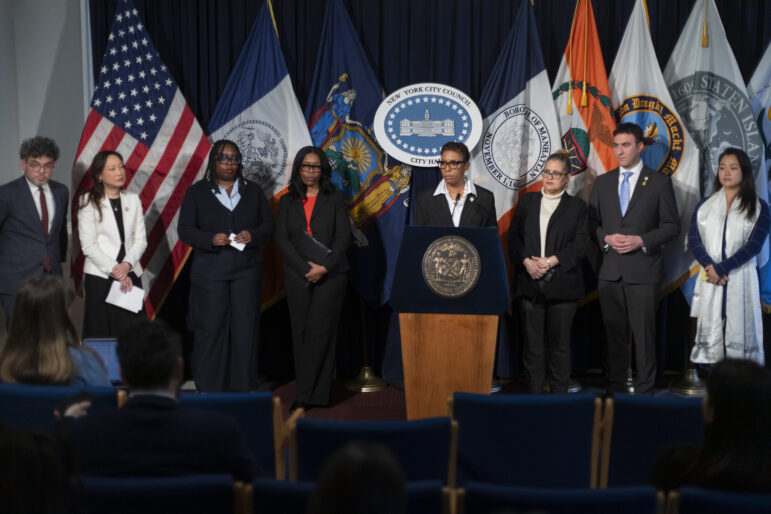


2 thoughts on “CityViews: New Yorkers Have the Power to Stop Climate Change”
I loved it Monica
Exactly. Great steps. There are concrete actions individuals can take personally, socially, and politically that impact. If interested in more, you can check out http://www.climatesteps.org, which is paired with the discussion and encouragement group http://www.fb.com/groups/ClimateSteps.